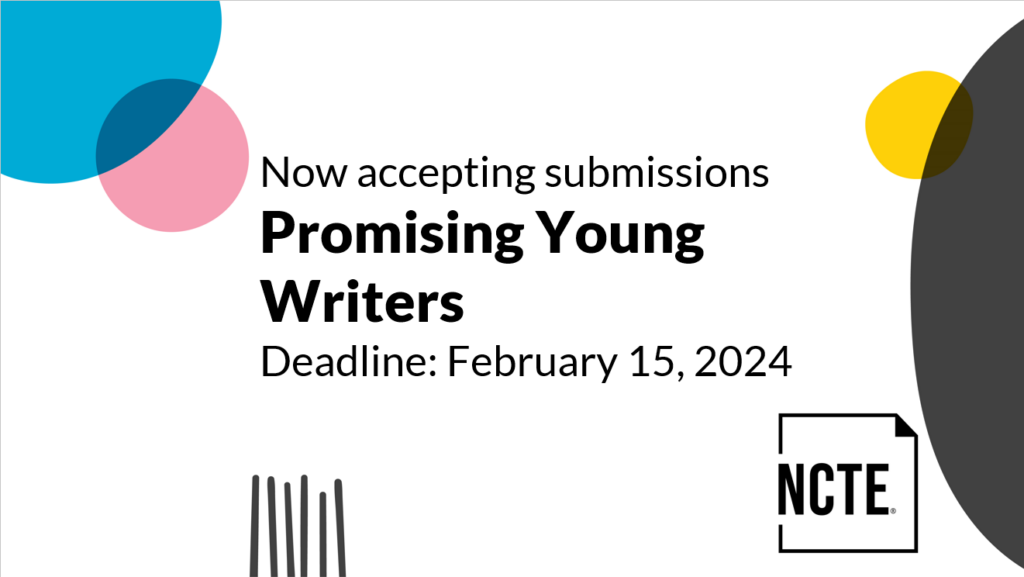Recipients of the Certificate of Recognition/First Class designation are listed by state below.
2023 Award Recipients
This year, schools nominated 146 students to participate in the Promising Young Writers Program. Of those, 56 were selected to receive the First Class designation, 58 received the Superior designation, 27 received the Excellent designation, and 5 received the Merit designation. Papers were judged on content, purpose, audience, tone, word choice, organization, development, and style.
*No First Class recipients
North Dakota*
Oklahoma*
Oregon*
Rhode Island*
2022 Award Recipients
This year, 116 students were nominated. Of that number, 66 received Certificates of Recognition and 50 received Certificates of Participation. Each student submitted two pieces of writing, which were read by national judges. Papers were judged on content, purpose, audience, tone, word choice, organization, development, and style.
*No winners
Canada*
Alabama*
Alaska*
Arizona*
Arkansas*
Colorado*
North Dakota*
Oregon*
Rhode Island*
South Carolina*
South Dakota*
Tennessee*
2021 Award Recipients
This year, 90 students were nominated. Of that number, 56 received Certificates of Recognition and 34 received Certificates of Participation. Each student submitted two pieces of writing, which were read by national judges. Papers were judged on content, purpose, audience, tone, word choice, organization, development, and style.
*No winners
American Schools Abroad*
Canada*
Alabama*
Alaska*
Arizona*
Arkansas*
Colorado*
North Dakota*
Ohio*
Oklahoma*
Oregon*
Rhode Island*
South Carolina*
South Dakota*

